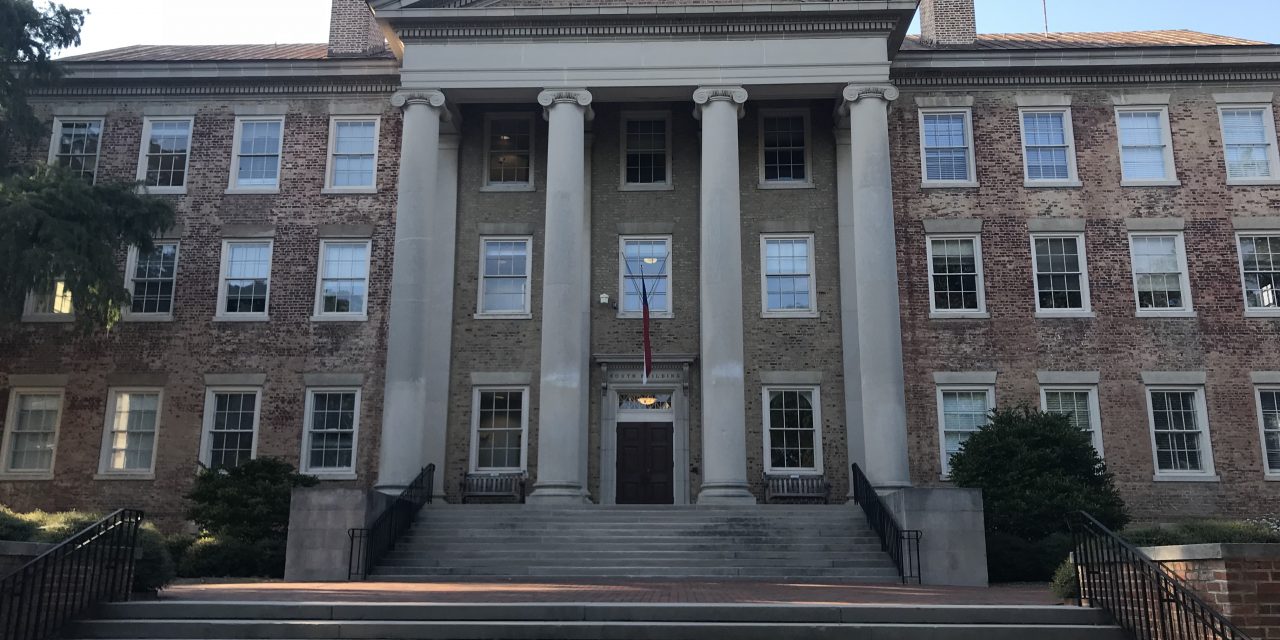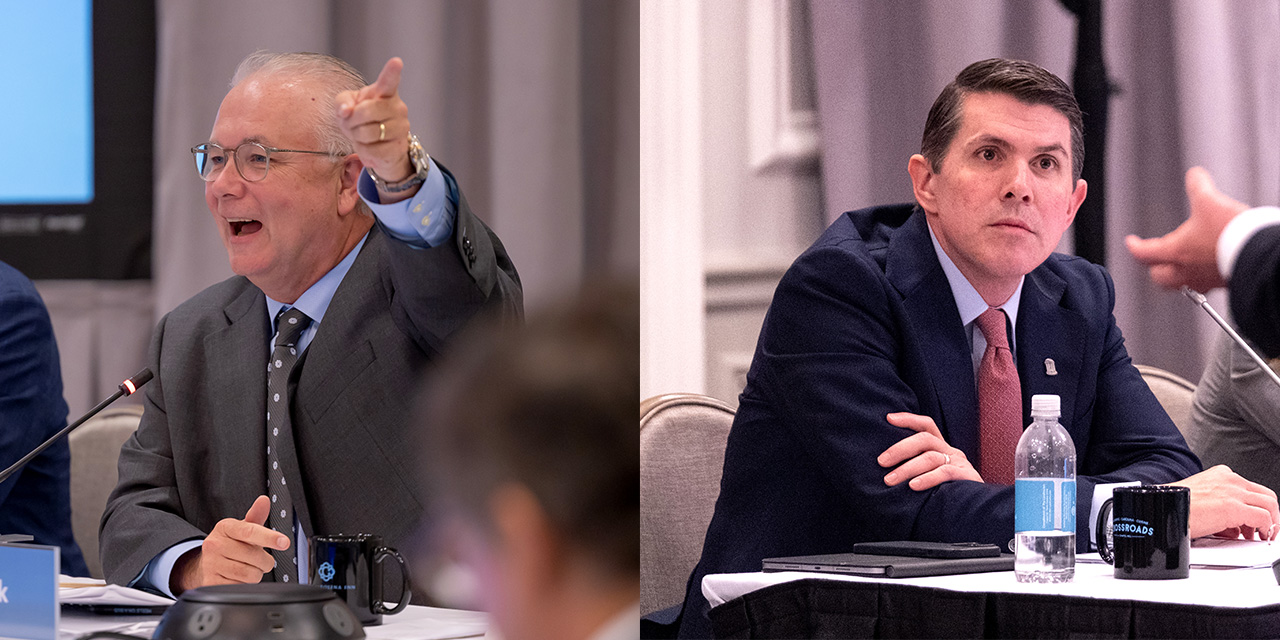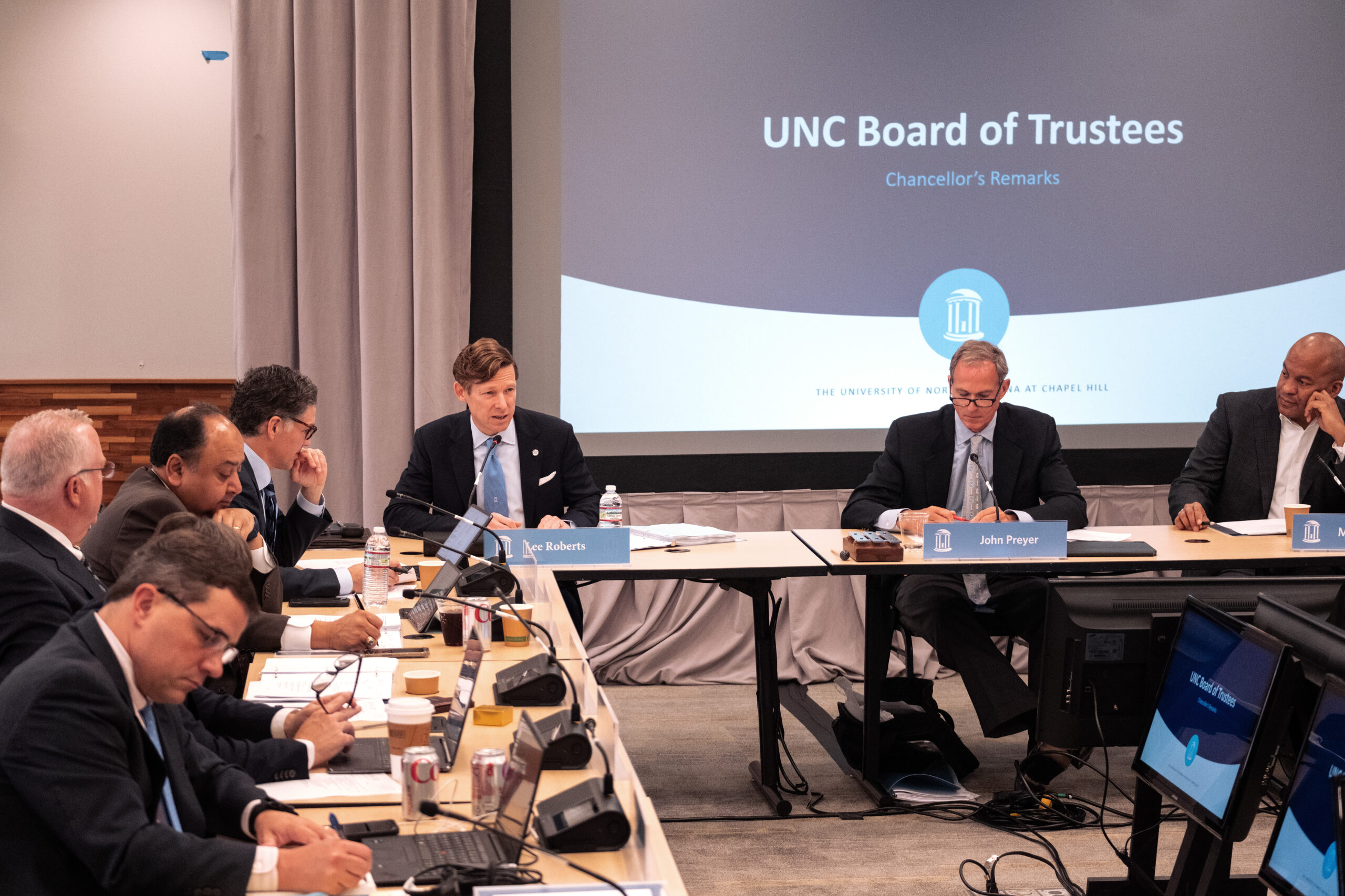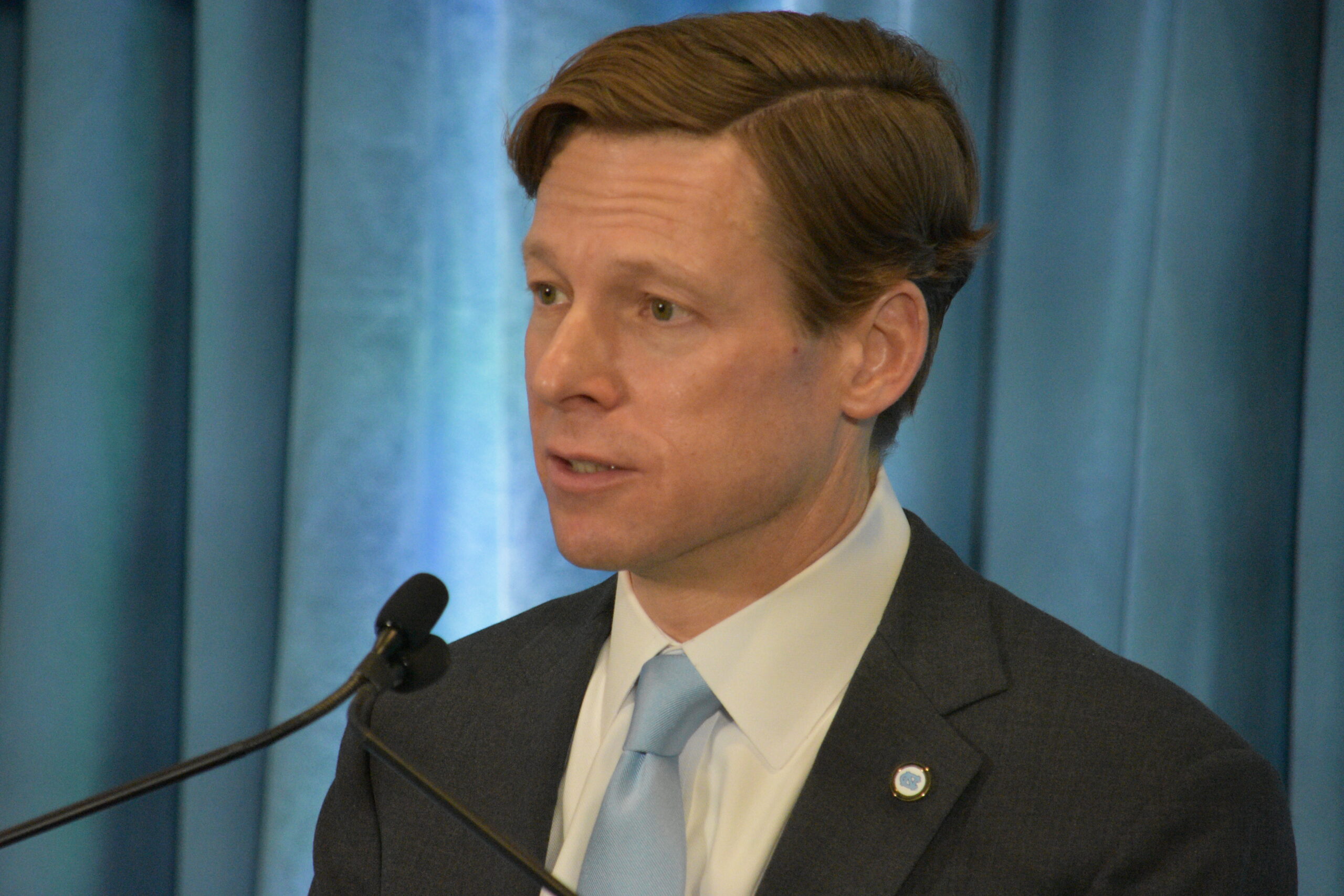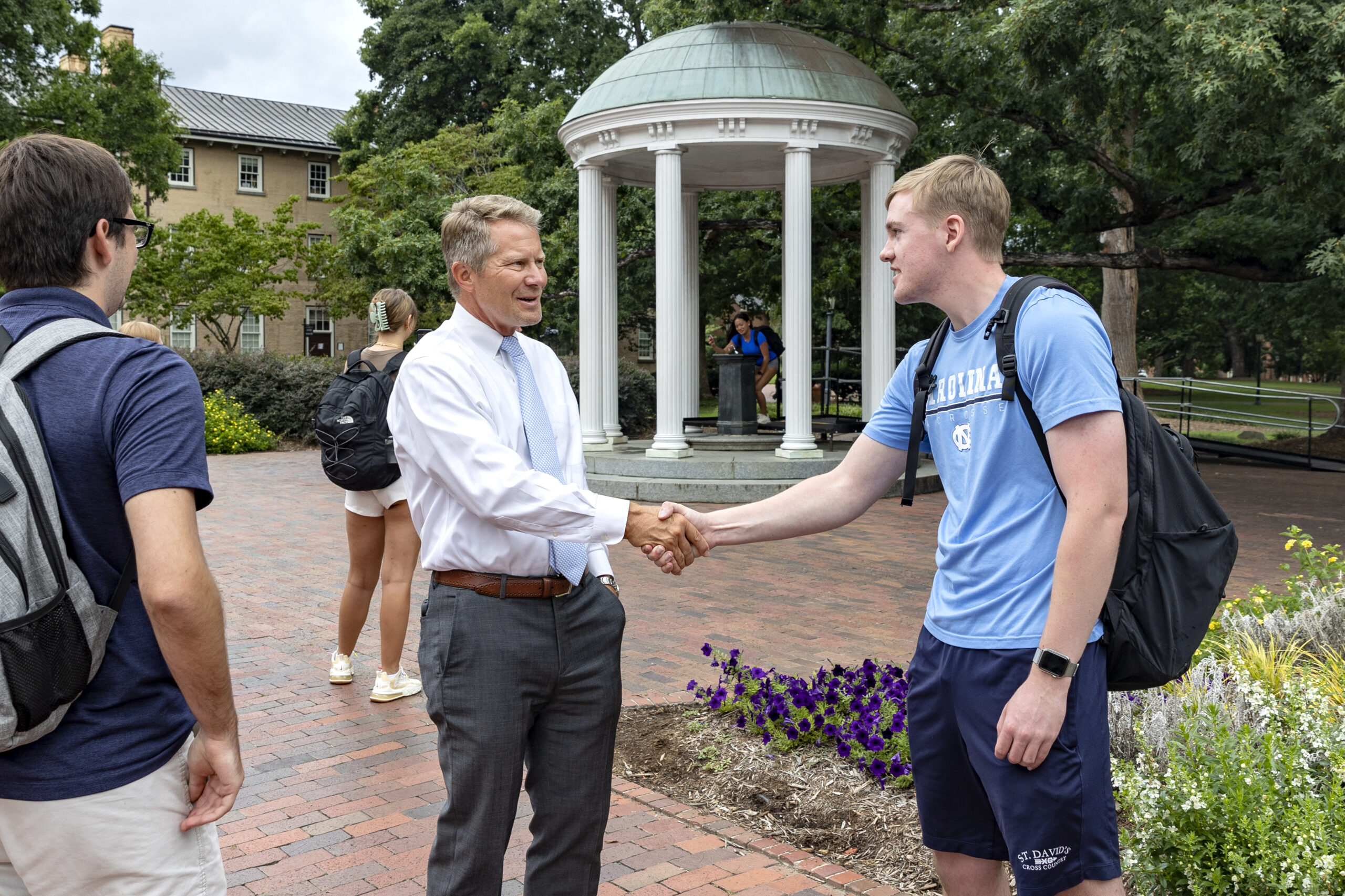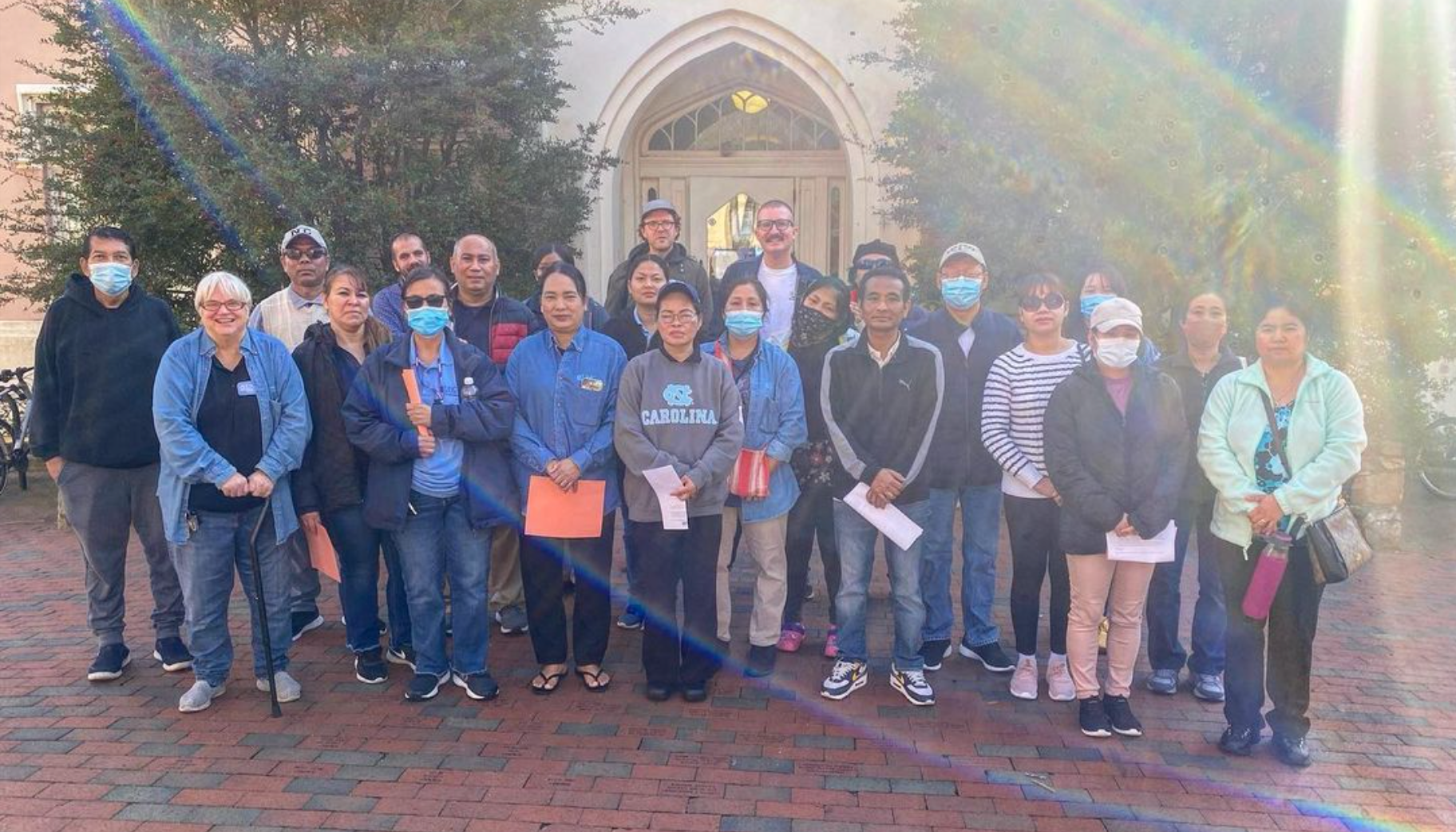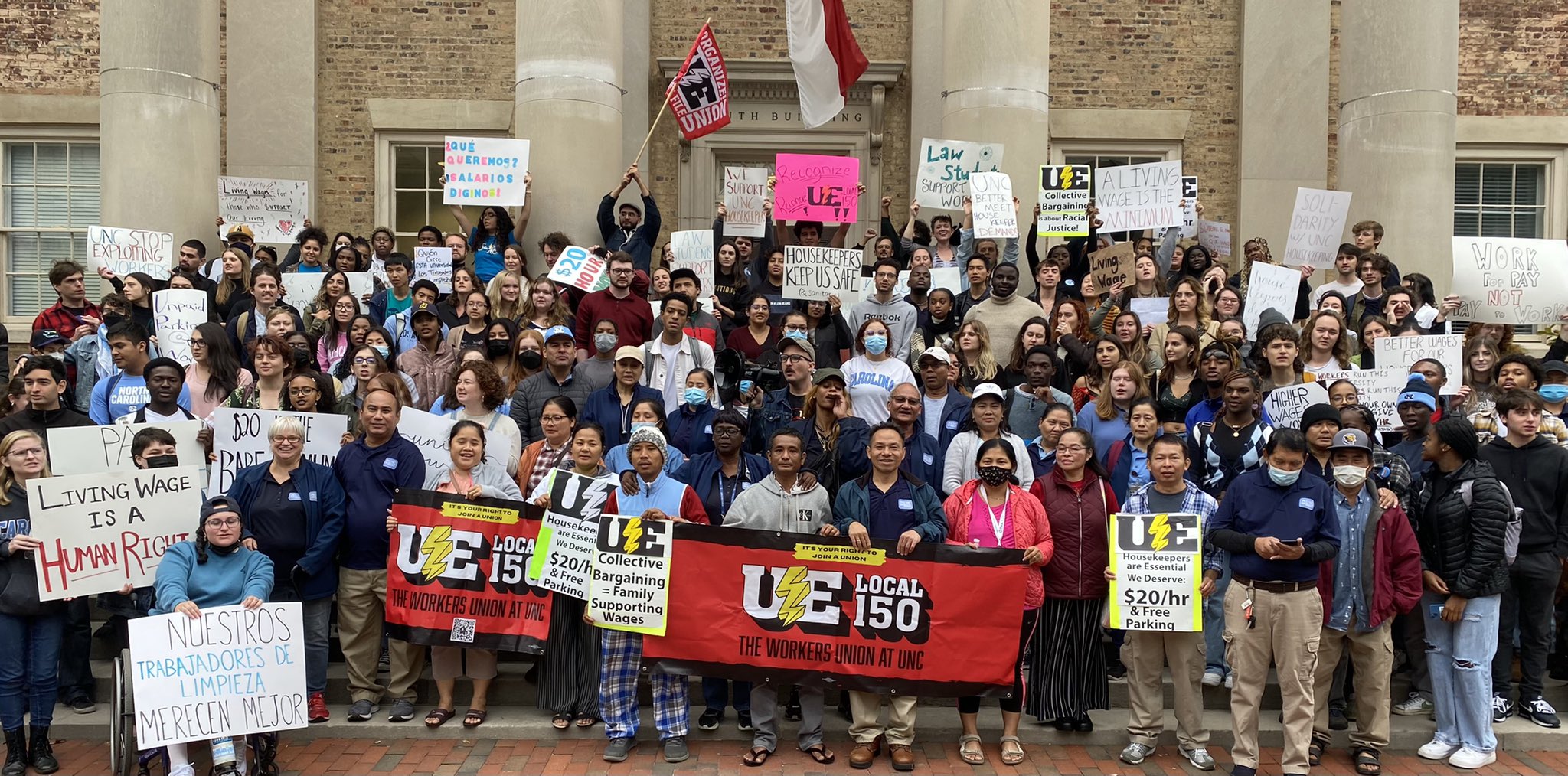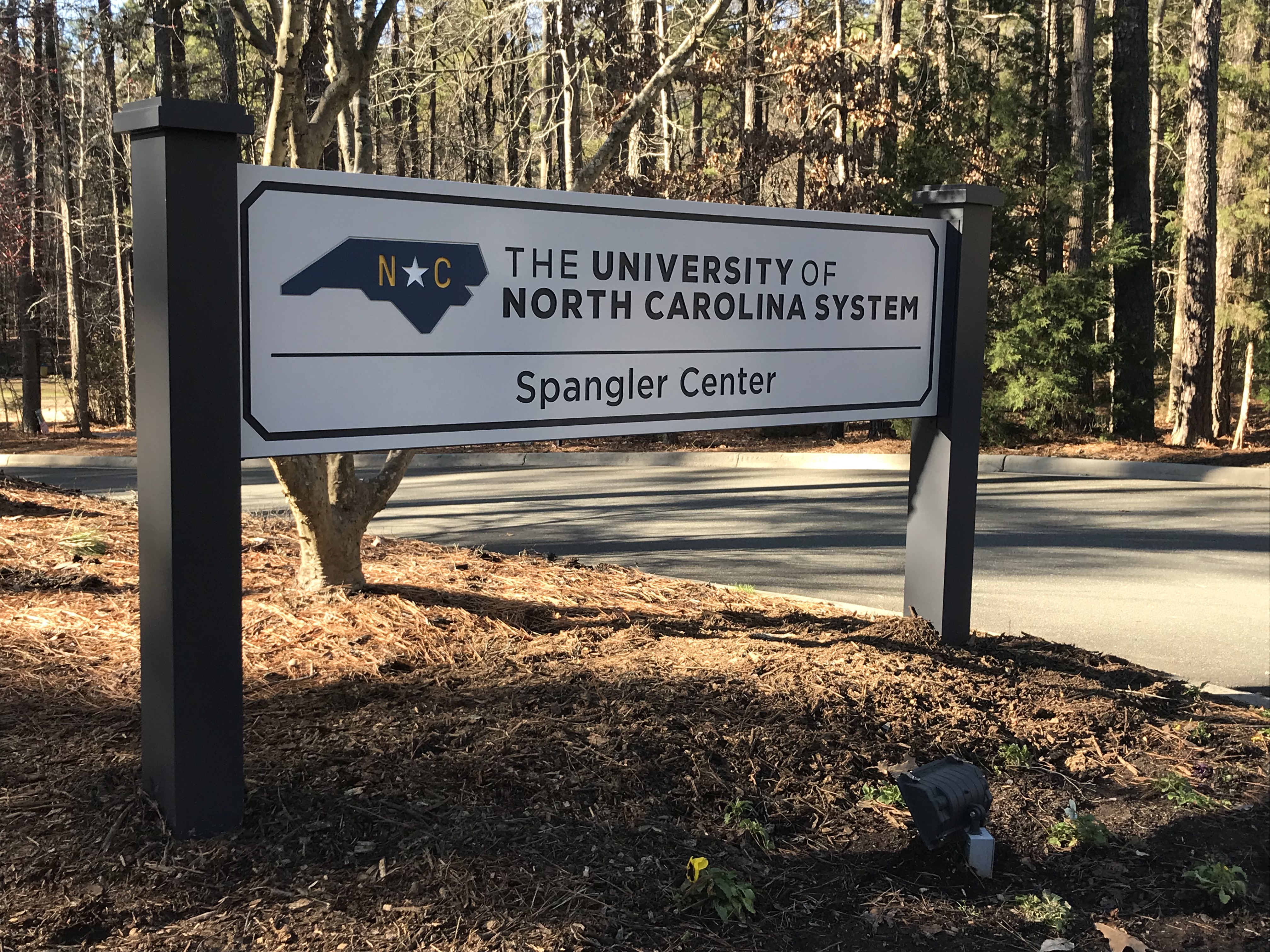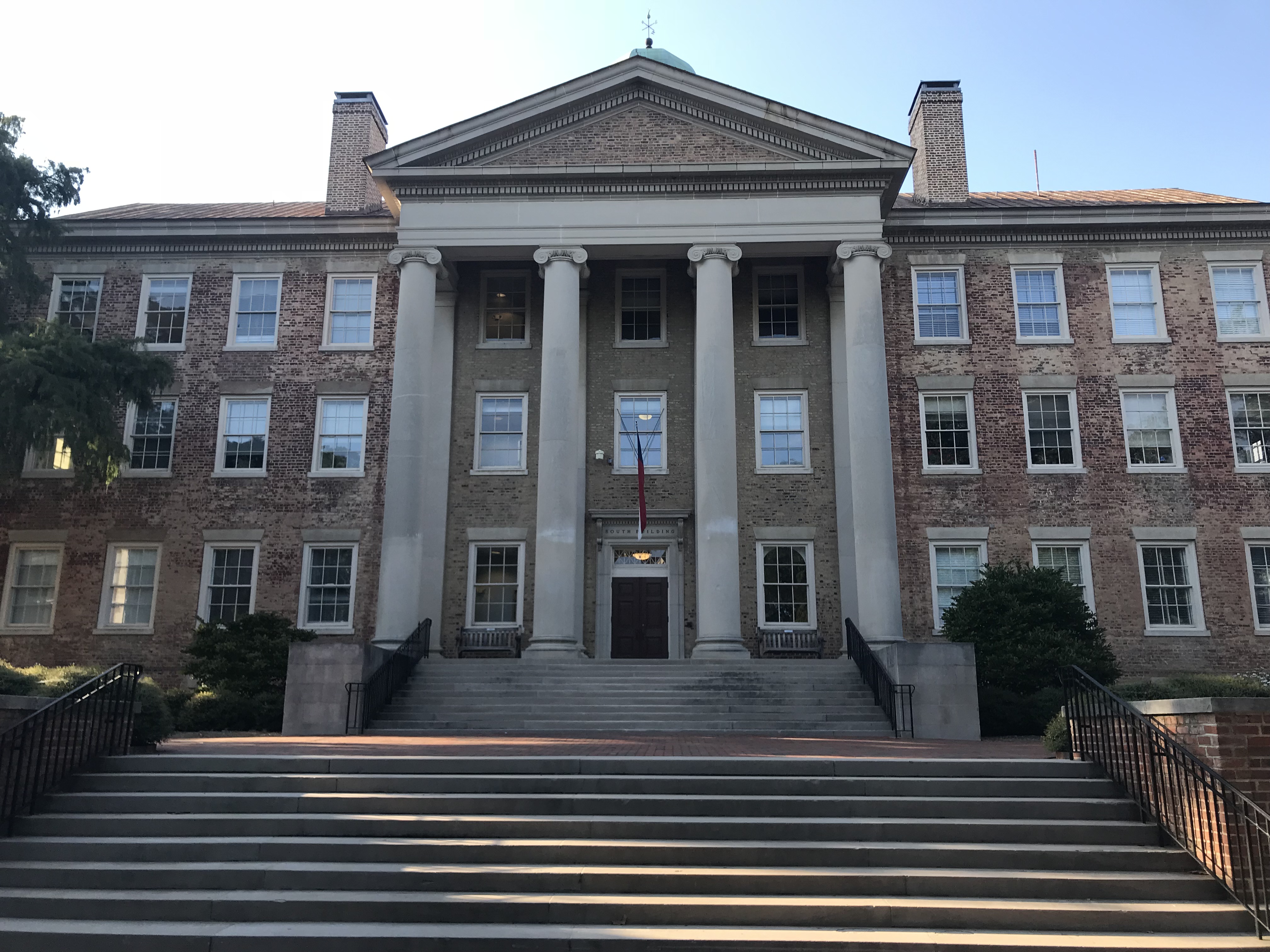With the recent appointment of astrophysicist Chris Clemens as UNC’s next provost and several faculty leaving the university, some faculty members say there is a concerning trend of political influence at Carolina.
Associate UNC history professor William Sturkey recently spoke during 97.9 The Hill’s For ‘Em On The Hill about the culture of higher education. He said he has seen concerning trends of political pressure at the university.
“All of the political interference in the last few years has a lot of people worried that there might be somebody who has no experience with universities and how they actually work,” Sturkey said. “And [they are] more of an ideologue who is there not to do the day-to-day work of the university to build, but rather to shift and insert their own sort of political ideology.”
Sturkey said he was worried newly appointed members of the UNC administration would act more as political activists than administrators.
At last week’s UNC Board of Trustees meeting, astrophysicist and senior associate dean in the College of Arts and Sciences, Chris Clemens, was named new executive vice chancellor and provost.
Clemens will replace current provost Bob Blouin, who is set to step down at the end of the year.
Clemens has worked at the university for 15 years and held various leadership positions. He has also held past roles in conservative spaces at the university like the Program in Civic Virtue and Civil Discourse and as a funder of the Carolina Review.
The discussion surrounding his appointment was kept largely in the dark by UNC administration. Since Blouin announced his intent to step down in May, members of the Carolina community heard little about potential candidates who may fill his role.
Chair of the faculty Mimi Chapman expressed recent concern over the decision-making of the Board of Trustees. In a November op-ed published in the Daily Tar Heel, Chapman said she thought the provost search endangered chancellor autonomy and shared governance at the university.
Chapman said the appointment by the Board of Trustees “fuels distrust within the campus community” because of its search process, not because of Clemens as a candidate or his political history.
Chapman is also a leader of the Coalition for Carolina, which aims to stop political influence in campus decisions. She spoke with 97.9 The Hill in September about the goals of the group.
“It is helpful just simply to bring the architecture of this out into the light and have people understand where decisions are being made and what constraints different decision-makers have,” Chapman said. “Then [we hope they will] think about if that’s what they really want.”
Sturkey was not aware of Clemens’ hire to be the next provost when he spoke to 97.9 The Hill. He said, however, the role of the provost could have concerning implications if chosen for political reasons.
“What the provost can do, or might do, is fundamentally steer the university toward a set of ideas,” Sturkey said. “Like, what they want to do in terms of achieving or not achieving faculty diversity, or something like that.”
Another way political influence has changed UNC is its effect on the university’s ability to retain faculty. In the wake of controversy surrounding the failed Nikole Hannah-Jones hire, several faculty members left the university in pursuit of other institutions.
Sturkey said those events and administrative decision-making have hurt faculty morale.
“All of the decisions that are made by Board of Trustees and Board of Governors really seem to bog down innovation and really eat up a lot of time on the campus,” Sturkey said.
Strukey said he believes the pain that has followed recent events is especially prominent among faculty of color. Over the summer, some surveys said as high as 70 percent of Black faculty and staff were considering leaving the university. Sturkey said now he would estimate that number is above 90 percent.
Chapman echoed concerns about loss of faculty members back in September.
“Our faculty are already so poachable because we have such a great faculty and their compensation is not equivalent to many of our peer institutions,” Chapman said. “So, people are often coming after our faculty members, or other institutions are, and so when things are in constant turmoil on campus and you don’t exactly know who is making what decisions, those offers become more attractive.”
Chapelboro.com does not charge subscription fees. You can support local journalism and our mission to serve the community. Contribute today – every single dollar matters.

